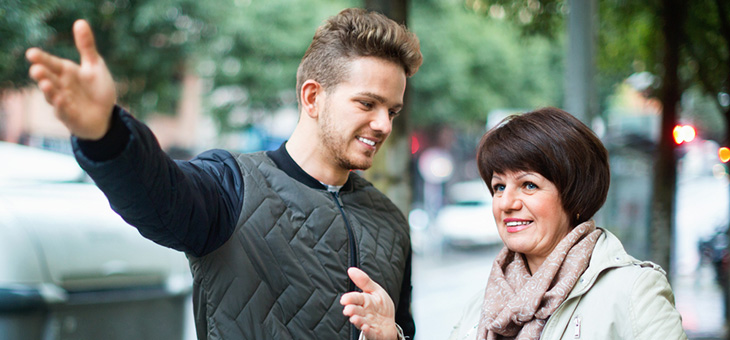Aussies are famous for speaking in slang, confusing thousands of tourists each year with words like ‘devo’, ‘ripper’, ‘barbie’ and ‘stubby’. I dare anyone to tell me they haven’t stumbled through that awkward mix up over the double meaning of ‘thong’ when speaking to an American.
But we’re not the only country whose use of language has changed and grown alongside it. According to TravelTalk, 55 per cent of internationally travelling Aussies want to learn how to speak ‘slang’ like the locals rather than get caught up in the formalities and miscommunications of an outdated version of the language.
Babbel is an interactive app designed to help users learn and apply basic and practical language skills so that they can pick up and speak a language in no time. Babbel has created the ‘ultimate travel slang cheat sheet’, a tool that helps travellers to speak colloquially, just like the locals. It’s called the ‘Lit-tionary’.
The Lit-tionary teaches you the words locals are using now, not years ago when you were struggling to stay awake behind a school desk.
For example, in Spanish, the word ‘mono’ translates to monkey but is also used to describe something or someone as being cute. The Danish word ‘fedt’, which sounds like ‘fat’, is used to describe something as cool. Just remember where you are, or you’ll find that calling someone a ‘fat monkey’ might not elicit the response you were hoping for.
Do you make an effort to learn the local language when you travel? Would you be interested in using a tool such as the Lit-tionary to help you fit in with the locals?
If you enjoy our content, don’t keep it to yourself. Share our free eNews with your friends and encourage them to sign up.
Related articles:
Spare a thought for the locals
Ten rules for travelling alone
Get connected with this gadget

